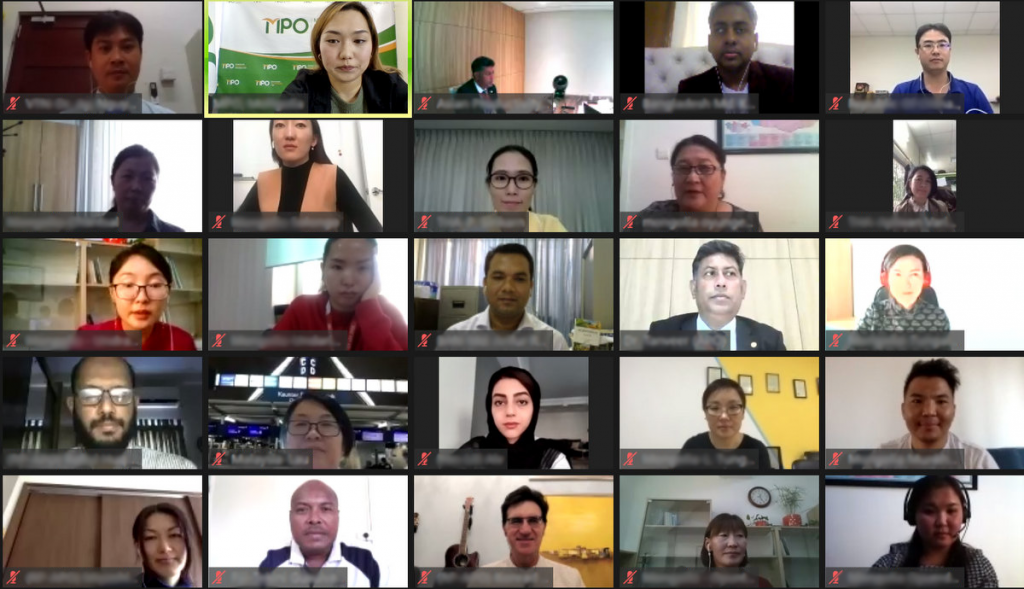
Select Page

Participants in the Organic Agroindustry Development Leadership Course in Asia.
Organic agriculture combines tradition, innovation, and science to benefit the shared environment and promote fair relationships and a good quality of life for all involved. It can contribute significantly to addressing global environmental issues and ongoing social changes and therefore to meeting the UN Sustainable Development Goals (SDGs). To take full advantage of its potential, organic agriculture must grow, continuously improve its performance, inspire mainstream agriculture, and take the lead in agroindustry. Leadership and institution building are the key factors for greater sustainability in agriculture and development of the organic sector. Actors in the organic sector today share a vision of a fairer, healthier, more sustainable world but sometimes lack the required knowledge, skills, and attitudes to begin translating that vision into reality.
To broaden participants’ understanding and skills in promoting and leading organic agroindustry while improving its productivity and sustainability, familiarize them with recent and emerging developments in the sector globally, and provide opportunities for networking and sharing of best practices, the Mongolian Productivity Organization (MPO) in partnership with the APO organized the Organic Agroindustry Development Leadership Course in Asia via virtual sessions from 4 to 6 November. Thirty-one participants and observers from 14 countries as well as four resource persons from Bangladesh, Germany, Japan, and the ROK attended. Two preparatory sessions had been arranged in April and June to lay the groundwork for the final three-day digital project to increase its effectiveness.
The resource persons presented different perspectives on organic agriculture from the viewpoints of meeting the SDGs, national and local government initiatives, traceability and supply chain integration, trustworthiness, organic guarantee systems, policy and advocacy, best practices, nonfood organic products, and innovations in organic farming. The participants were divided into four groups assigned different themes related to organic farming and sustainability for intense discussions, and the results were reported on the final day.

MPO host team (photo courtesy of the MPO).